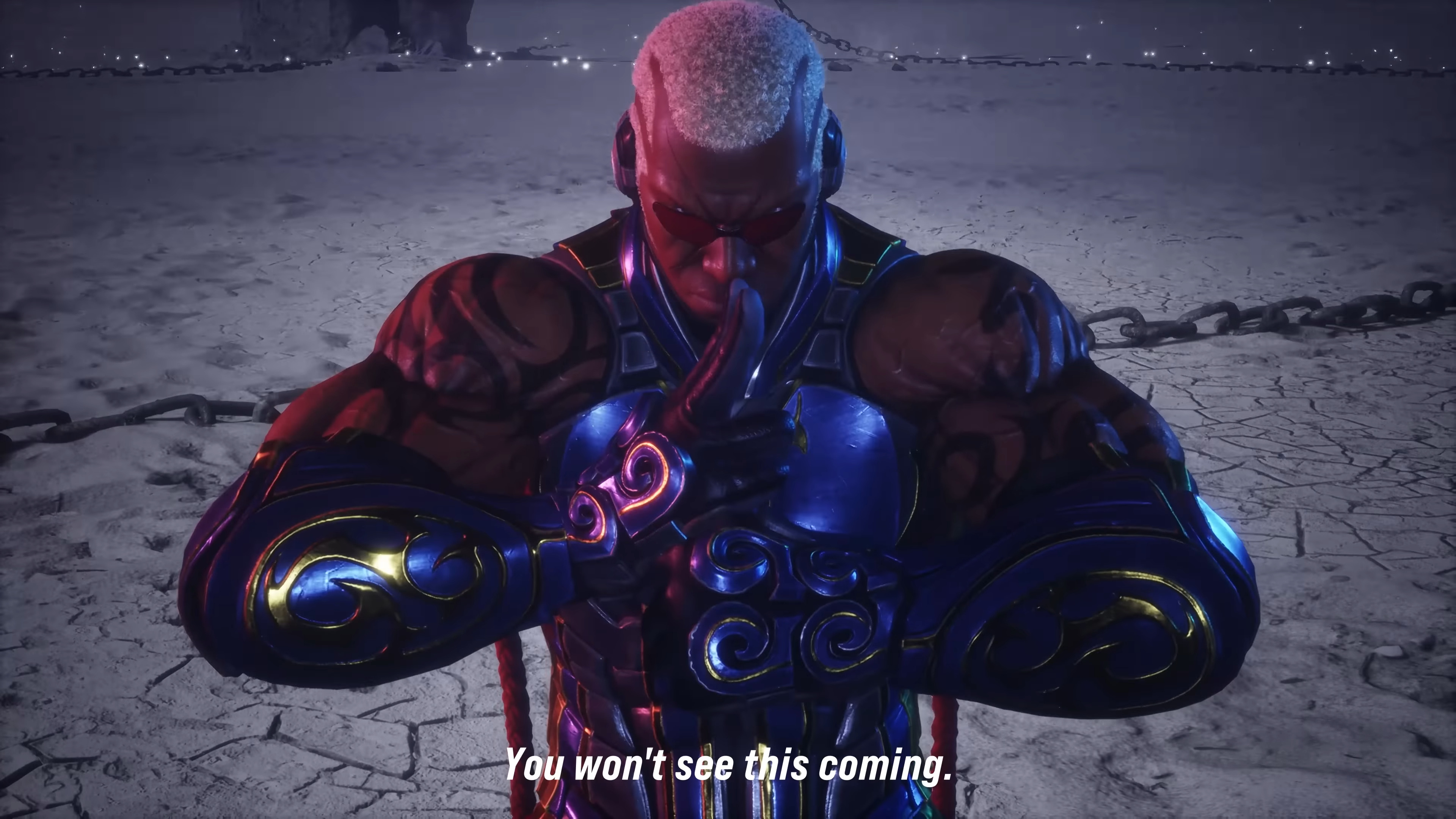 Majin Vegeta (Ryō Horikawa) prepares to let loose in Dragon Ball: Sparking! ZERO (2024), Bandai Namco
Majin Vegeta (Ryō Horikawa) prepares to let loose in Dragon Ball: Sparking! ZERO (2024), Bandai Namco
Bandai Namco, one of Japan’s largest video game developers, has come under fire following allegations that it’s using a controversial practice known as “expulsion rooms” (oidashibeya) to pressure employees into quitting voluntarily.
While layoffs in nations such as the United States are typically straightforward, Japan’s strict labor laws have made companies like Bandai Namco turn to alternative methods to reduce their workforce.
 Suletta (Kana Ichinose) is shocked in Mobile Suit Gundam: The Witch from Mercury Episode 2 “Cursed Mobile Suit” (2022), Bandai Namco Filmworks
Suletta (Kana Ichinose) is shocked in Mobile Suit Gundam: The Witch from Mercury Episode 2 “Cursed Mobile Suit” (2022), Bandai Namco Filmworks
According to a report from Bloomberg, approximately 200 out of 1,300 employees were transferred to expulsion rooms or oidashibeya. These rooms are designed to bore targeted employees into resigning.
So what exactly happens in these rooms? Well according to the report, employees are often left with nothing to do. Though this might sound like a nice break for Westerners, it’s different in a nation such as Japan. This sort of shelving can end up leading to cultural shame or frustration, which in turn can often prompt them to accept severance packages. It seems that since the practice has started, almost 100 employees have called it quits.
 Raven (D.C. Douglas) prepares to unleash his ninjitsu in Tekken 8 (2024), Bandai Namco
Raven (D.C. Douglas) prepares to unleash his ninjitsu in Tekken 8 (2024), Bandai Namco
This isn’t a new practice in Japan but remains legally questionable. Companies often avoid direct layoffs due to stringent regulations that make it difficult to dismiss workers without cause. Expulsion rooms are a workaround to encourage voluntary departures without breaching the law.
RELATED: Opinion: After ‘Starfield’ Was A Disappointing Disgrace, I Don’t Trust Bethesda With ‘Elder Scrolls VI’
 Jumping, four-legged machines shoot missiles and bullets at the player in Armored Core VI: Fires of Rubicon (2023), Bandai Namco Entertainment
Jumping, four-legged machines shoot missiles and bullets at the player in Armored Core VI: Fires of Rubicon (2023), Bandai Namco Entertainment
Despite these reports, Bandai Namco denies the claims. A company spokesperson told Bloomberg: “Some employees may need to wait a certain amount of time before they are assigned their next project, but we do move forward with assignments as new projects emerge. There is no organization like an ‘oidashibeya‘ at Bandai Namco Studios designed to pressure people to leave voluntarily.”
For those who are well-versed in the concept of oidashibeya, this is not uncommon. The reality is that the use of expulsion rooms has a notorious history in Japan’s corporate world. For an example decades old, back in the early 2000s, SEGA faced a lawsuit over its use of expulsion rooms. The company was forced to publicly apologize after losing the case, damaging its reputation.
“They didn’t just put people behind a partition, they sent them to a completely different floor,” said John Szczepaniak, author of The Untold History of Japanese Game Developers.
 Goku (Masako Nozawa) prepares to unleash a Dragon Fist in DRAGON BALL: Sparking! ZERO (2024), Bandai Namco
Goku (Masako Nozawa) prepares to unleash a Dragon Fist in DRAGON BALL: Sparking! ZERO (2024), Bandai Namco
Given Japan’s history with expulsion rooms, it’s unlikely Bandai Namco will publicly admit to the practice unless faced with undeniable legal consequences. For now, the company maintains its innocence, but the shadow of corporate misconduct looms large over its operations.
As the video game industry faces layoffs worldwide, the unique challenges of Japanese labor laws mean that Bandai Namco, if guilty of these practices, is unlikely to face immediate repercussions—though this could change if more employees come forward or legal action is taken.



